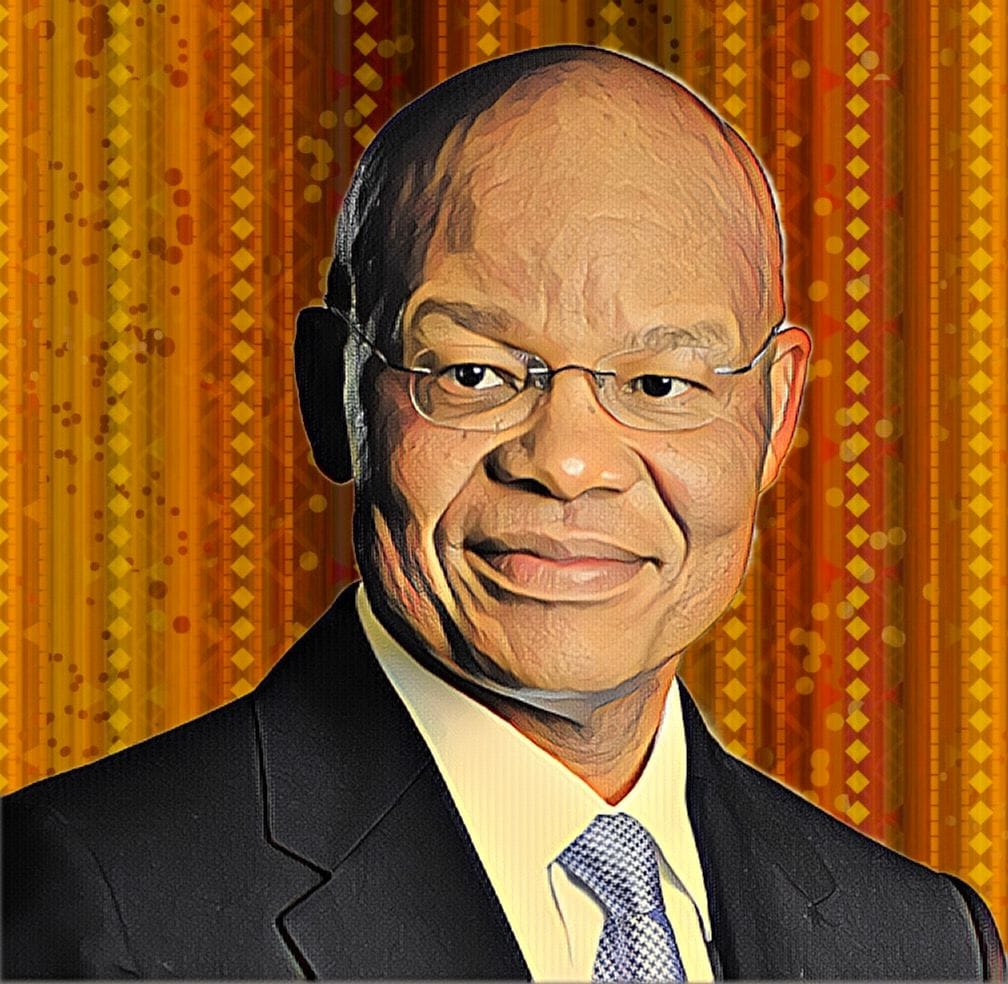Currency difficulties are one of the biggest obstacles to intra-African trade. Big contracts are often conducted in US dollars or other non-African hard currencies but there is a lack of these across the continent. At the same time, confidence in many African currencies is weak because of fluctuating exchange rates, including against the dollar. A single African currency would make the continent more independent but there is a long way to go before this becomes a reality.
The 2024 Pan-African Private Sector Trade Investment Committee PAFTRAC survey of African trade patterns found that only 39 of African businesses use African currencies to finance their cross-border deals, a big fall from the 69 recorded in 2022. See figure overleaf.
This is likely to be the result of wilder than usual currency fluctuations over the past few years as a result of post-Covid trade dislocation and the fallout from the Russian invasion of Ukraine.
The depreciation of many African currencies against the dollar has made them less attractive for those receiving payments. The South African rand has been considered an African hard currency in the past but it too has experienced big swings in value in recent years.
Many parts of the continent have proposed creating regional or continent-wide currencies but relatively little progress has been made to date, although two connected single currencies already exist on the continent. The mainly francophone states of Central and West Africa each operate their own versions of the CFA franc. Covering six and eight countries respectively, they are backed by the French treasury and pegged to the euro.












